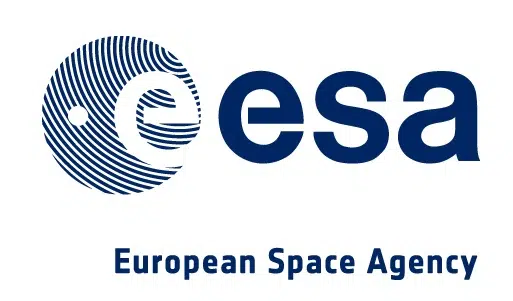Space exploration has outreach potential, outreach to European citizens, i.e. voters. Space exploration could reflect the creative dynamism of the European integration process. It has proven its potential to bringing European states closer together – the establishment of the European Space Agency being the best example – even if space exploration is difficult and extortionately expensive. But the cost-benefit analysis must be done in a long-term perspective.
Jean Monnet’s argument still stands that the supranational model of governance is best applied in areas in which technological breakthrough opens up new fields of activity, provided that it does not touch on national sensitivities as for example in the fields of nuclear research or military security. A space programme at the cutting edge of technological development manifestly fits the description.
In the past, a European space policy has never featured very high either on the agenda of any individual European Member State or, indeed, on the agenda of ‘Europe’ itself, which takes out the one caveat of ‘national sensitivities’. Nonetheless, the European Space Agency is still confined to the periphery of the European set-up, in institutional terms, being firmly situated outside of the EU institutional structures. As such, the ESA remains an intergovernmental institution, which means that often the lowest common denominator acceptable to all countries is the most that can be achieved. In addition, geographically, the ESA headquarters is located in Paris, somewhat remote from the main European decision-making centre in Brussels. Arguably, the ESA has never been at the core of the European integration process.
This may change in the future. The combination of ‘low politics’ and ‘novelty’ suggests that a European space policy is ideally poised to become an important element in a future external policy objective of the EU, i.e. outreach as outlined in the introduction in the concrete form of exploration.
Having argued that there is a sensible case for a space policy in a European context, one may consider what kind of challenge the EU faces in space exploration. Such considerations will help to provide an outlook of what lies ahead, and what further research may provide valuable insights for a European space policy in the future. That also leads to future research questions of what are the political and practical challenges (financial, scientific and organisational) that remain? And what direction should the study of European space policy now take?
Future research will need to consider whether adequate guiding principles for space exploration are in place, or need to be developed in order to guarantee the responsible use of the outcomes of a European space policy, for example preventing exploration turning into exploitation. European Studies, as a discipline at the crossroads of social sciences, law and history, is ideally poised to provide a framework for such studies and, at the same time, develop a theoretical basis for a European space policy, with a view to the key existential questions of the European integration process, i.e. What does Europe stand for? What does it do for me? And where should it go?
‘To boldly go where no one has gone before’ is an inspiration for this research project. Borrowed from Star Trek, for its showing of an idealistic drive, this title was a deliberate choice, because the European integration process will need such an idealistic drive in order to answer the fundamental questions about its raison d’être.
Prof Thomas Hoerber, ESSCA Angers & EU*Asia Institute


The EU-Asia Institute at ESSCA School of Management is most grateful to several institutions who have repeatedly supported the development of the standing group for space policy research, as well as the organisation of events, and have thus enabled high-level academic publications.





